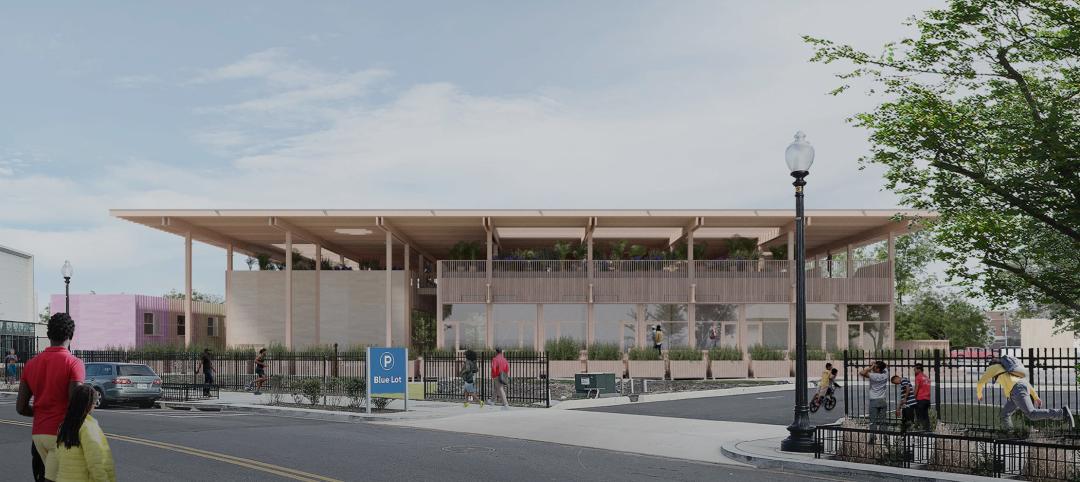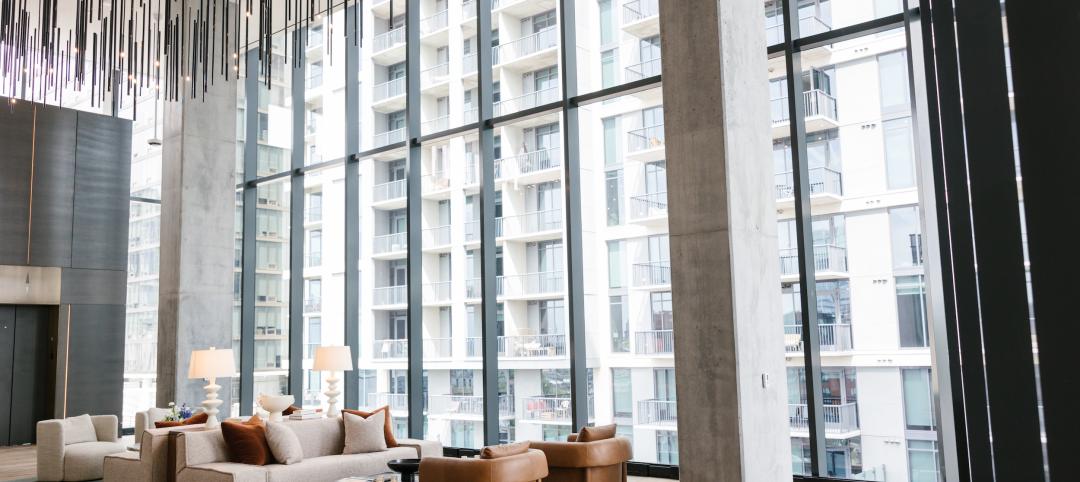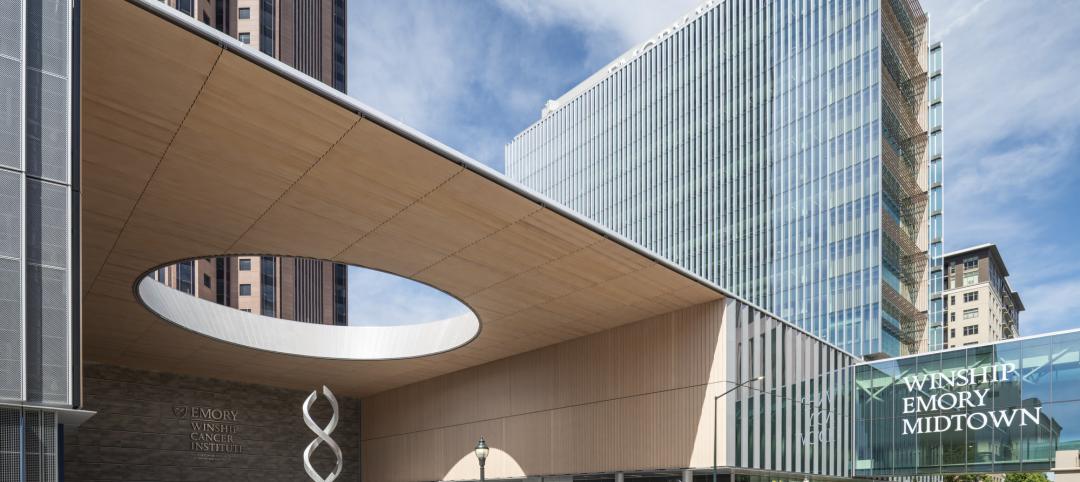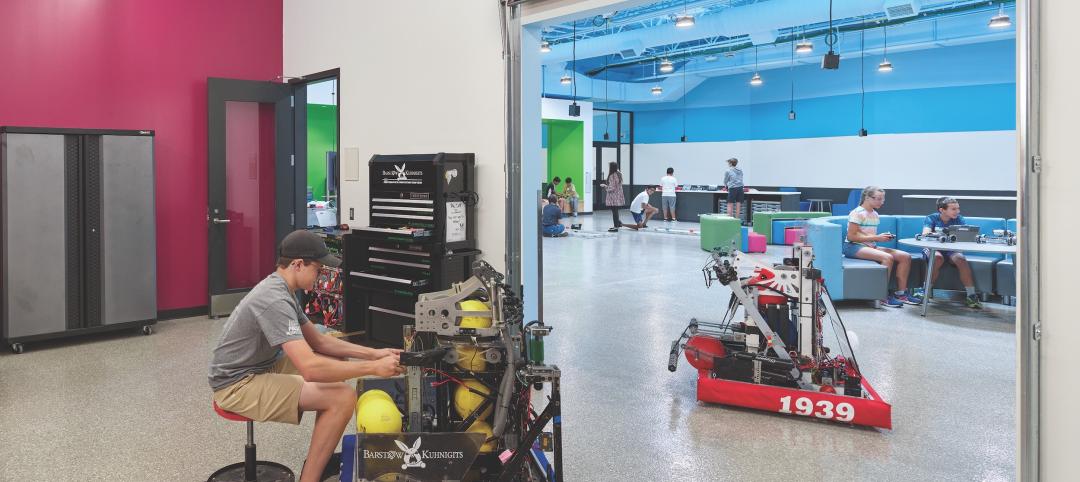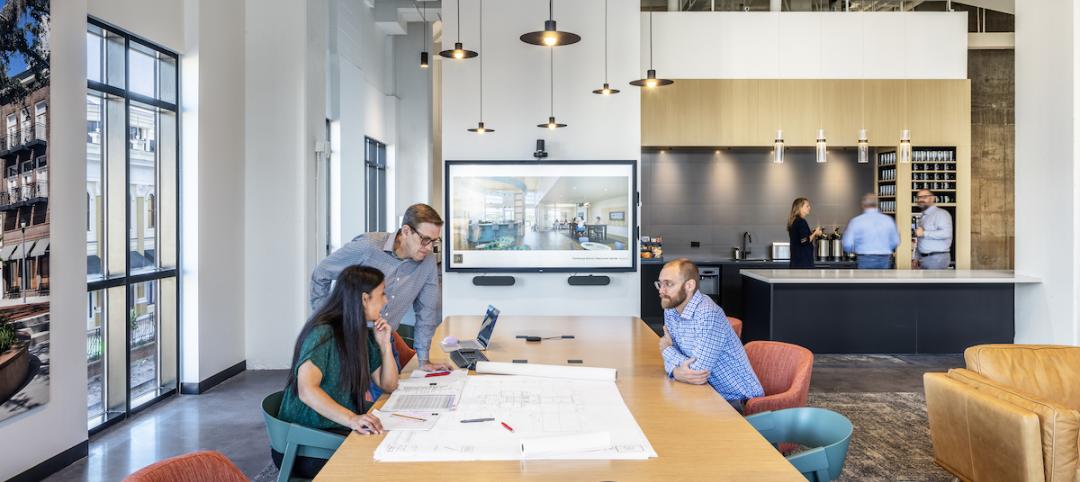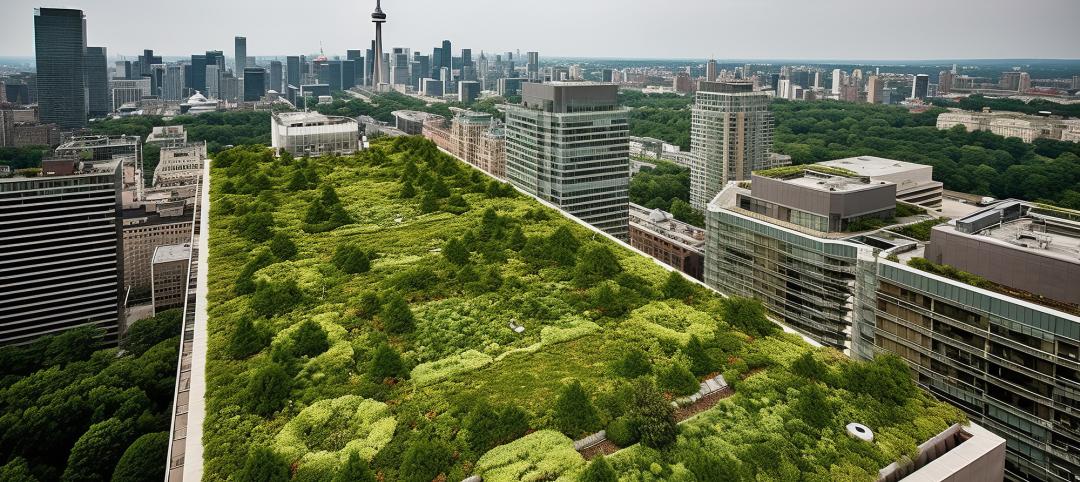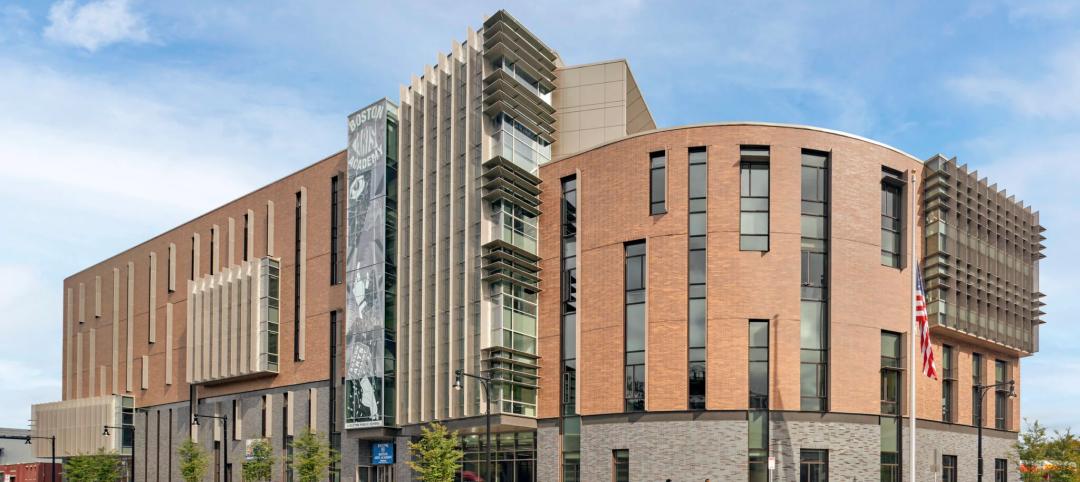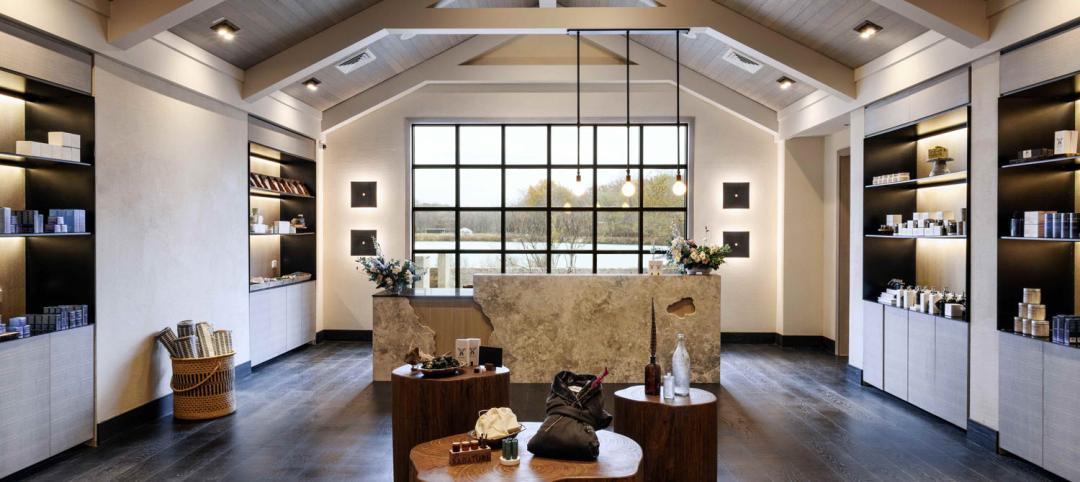Green jobs are now firmly established in the design and construction workforce, according to a new study released by McGraw-Hill Construction at the Greenbuild International Conference and Expo this week in Toronto. According to the study, 35% of architects, engineers and contractors (AEC) report having green jobs today, representing 661,000 jobs and one-third of the industry workforce. That share is expected to increase over the next three years, with 45% of all design and construction jobs being green by 2014.
“Green jobs are already an important part of the construction labor workforce, and signs are that they will become industry standard,” said Harvey Bernstein, vice president, Industry Insights and Alliances for McGraw-Hill Construction. “These numbers reported by the industry match our Dodge green building market sizing; so as green takes over construction activity, so too will green take over the construction workforce.”
The research also shows:
- AEC workers report green jobs on the rise at levels that match the McGraw-Hill Construction Dodge green building market sizing
- 35% of AEC firms focus on green jobs today, in line with the green building market share of 35% in 2010
- 45% of AEC firms expect to have green jobs by 2014, in line with the green building market share of 48%-50% by 2015
- Trades jobs (carpenters, HVAC/boilermakers, electricians, concrete/cement masons, and plumbers) are expected to see the greatest growth in green jobs; 15% of trades today are green jobs, and this is expected to increase to 25% in three years
- Green jobs yield advantages such as more opportunity (42%) and better career advancement (41%), according to respondents
- Training is essential for getting and maintaining green jobs; 30% of green job workers say they needed major training when they started, and most report that formal education and training programs will continue to be needed. Hiring firms agree; 71% of hiring decision makers maintain that being green-certified increases competitiveness.
This study is the first to focus exclusively on design and construction professionals and trades workers. “Green jobs” are defined as those involving more than 50% of work on green projects or designing and installing uniquely green systems, while excluding support or administrative professionals and manufacturing, production or transportation-related services. The premier partners include the U.S. Green Building Council and the American Institute of Architects. Other partners include the Society for Marketing Professional Services, National Association of the Remodelers Industry, and the Building & Construction Trades Department of the AFL/CIO. BD+C
Related Stories
Retail Centers | Jun 2, 2023
David Adjaye-designed mass timber structure will be a business incubator for D.C.-area entrepreneurs
Construction was recently completed on The Retail Village at Sycamore & Oak, a 22,000-sf building that will serve as a business incubator for entrepreneurs, including emerging black businesses, in Washington, D.C. The facility, designed by Sir David Adjaye, the architect of the National Museum of African American History and Culture, is expected to attract retail and food concepts that originated in the community.
Mixed-Use | Jun 1, 2023
The Moore Building, a 16-story office and retail development, opens in Nashville’s Music Row district
Named after Elvis Presley’s onetime guitarist, The Moore Building, a 16-story office building with ground-floor retail space, has opened in Nashville’s Music Row district. Developed by Portman and Creed Investment Company and designed by Gresham Smith, The Moore Building offers 236,000 sf of office space and 8,500 sf of ground-floor retail.
Healthcare Facilities | Jun 1, 2023
High-rise cancer center delivers new model for oncology care
Atlanta’s 17-story Winship Cancer Institute at Emory Midtown features two-story communities that organize cancer care into one-stop destinations. Designed by Skidmore, Owings & Merrill (SOM) and May Architecture, the facility includes comprehensive oncology facilities—including inpatient beds, surgical capacity, infusion treatment, outpatient clinics, diagnostic imaging, linear accelerators, and areas for wellness, rehabilitation, and clinical research.
K-12 Schools | May 30, 2023
K-12 school sector trends for 2023
Budgeting and political pressures aside, the K-12 school building sector continues to evolve. Security remains a primary objective, as does offering students more varied career options.
Multifamily Housing | May 30, 2023
Boston’s new stretch code requires new multifamily structures to meet Passive House building requirements
Phius certifications are expected to become more common as states and cities boost green building standards. The City of Boston recently adopted Massachusetts’s so-called opt-in building code, a set of sustainability standards that goes beyond the standard state code.
Architects | May 30, 2023
LRK opens office in Orlando to grow its presence in Florida
LRK, a nationally recognized architectural, planning, and interior design firm, has opened its new office in downtown Orlando, Fla.
Urban Planning | May 25, 2023
4 considerations for increasing biodiversity in construction projects
As climate change is linked with biodiversity depletion, fostering biodiverse landscapes during construction can create benefits beyond the immediate surroundings of the project.
K-12 Schools | May 25, 2023
From net zero to net positive in K-12 schools
Perkins Eastman’s pursuit of healthy, net positive schools goes beyond environmental health; it targets all who work, teach, and learn inside them.
Contractors | May 24, 2023
The average U.S. contractor has 8.9 months worth of construction work in the pipeline, as of April 2023
Contractor backlogs climbed slightly in April, from a seven-month low the previous month, according to Associated Builders and Contractors.
Mass Timber | May 23, 2023
Luxury farm resort uses CLT framing and geothermal system to boost sustainability
Construction was recently completed on a 325-acre luxury farm resort in Franklin, Tenn., that is dedicated to agricultural innovation and sustainable, productive land use. With sustainability a key goal, The Inn and Spa at Southall was built with cross-laminated and heavy timber, and a geothermal variant refrigerant flow (VRF) heating and cooling system.



